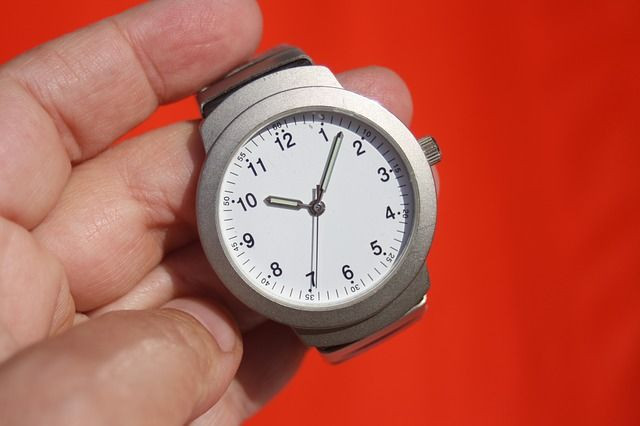The Best Time Of Day For Learning Isn’t The Same As When School Starts

College students are notorious for blowing off early classes, but new research suggests that morning classes may be a waste of time, at least for some. The study found that college students, especially the younger ones, learn better in the evening as opposed to the morning, which gives undergraduates everywhere a scientific reason to sleep in on their first lectures.
The study, now published online in Frontiers in Human Neuroscience, found that the optimal time for learning for most college students was after 11 a.m. or noon. According to the researchers, this means that traditional college lecture start times of 9 a.m. may be disadvantageous for the majority of students, as their cognitive abilities will peak later in the day.
Read: When Does The Brain Work Best? The Peak Times And Ages For Learning
"The basic thrust is that the best times of day for learning for college-age students are later than standard class hours begin," said study co-author Mariah Evans, in a recent statement. "Especially for freshmen and sophomores, we should be running more afternoon and evening classes as part of the standard curriculum."
For the research, the team used a sample of freshman and sophomore year college students from the University of Nevada, Reno and The Open University in the United Kingdom. Students were asked to complete a survey-based, empirical model and a neuroscience-based, theoretical model aimed to analyze when their peak learning times may be.
While the results found that the majority of students peaked later in the day, brain performance really does vary from individual to individual. For example, according to The Wall Street Journal, it's during late morning when our body temperatures start to increase gradually, a process that can improve memory, alertness, and concentration. However, this does have a peak, and after mid-morning, these cognitive traits will slowly diminish, which may be a reason to put off late-night study marathons.
Still, while some function poorly in the early hours, other research suggests that for certain individuals, fatigue can actually increase creativity, which may give an advantage to early morning classes. For example a 2011 study found that students were better at answering “creative thinking” questions at times of the day when their cognitive peaks were low and they were fatigued.
Ultimately, scientists agree there is no universal ideal time for brain altertness, and some individuals are morning larks and others night owls. However, the researchers did propose an interesting solution to the problem, suggesting that online classes where one can choose a start-time to best suit their personal body clock could be a win-win for all.
Source: Evans MDR, Kelley P, Kelley K. Identifying the Best Times for Cognitive Functioning Using New Methods: Matching University Times to Undergraduate Chronotypes. Frontiers Human Neuroscience . 2017
See Also:
Time Of Day And Fitness Goals: Why Working Out In The Morning Is Best For Stress, Not Muscle Size
Published by Medicaldaily.com



























